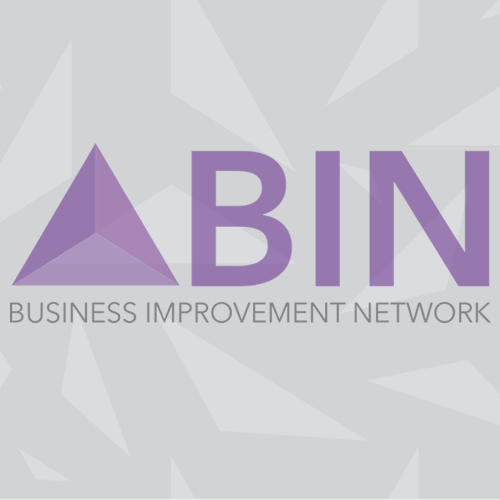Excellence
By PJ Stevens

In this article we look at the use of Role Excellence Profiling (REP) as a way to improve business.
So often we hear the term excellence, which in itself applies to many aspects of business from quality to customer experience, but how do we develop excellence as a way of being in business?
One way is to identify where excellence – or high performance - exists in the business so that it can be understood, observed and monitored so that data and narrative can be gathered, shared and hopefully the behaviours can be successfully translated and modelled across the business.
In his book The Power of Positive Deviance, Richard Pascale looks how ordinary people can solve some of the world’s toughest problems, by identifying exceptions. In the book he cites a number of fascinating case studies, particularly around healthcare, to demonstrate Positive Deviance. One example is from a group of consultants who visit a poor third world village suffering notable ill health in children in their community.
The team asked the community if there were any exceptions to poor health, and several families were identified as having healthier children. These families were interviewed and observed – both are important – to discover why and how they were the exception to the norm.
Given that the families all used the same water, pots and ingredients and so on, why were a few families noticeably healthier? The difference was remarkably simple. Whilst most families served the children by ladling broth from the top of the pot – giving them a more watery meal – saving the more substantial and nutritious ingredients at the bottom of the pot for the adults and workers, these ‘exceptional’ families carefully stirred the stew before serving to give children and adults a fair mix of ingredients.
This positive difference could then be shared across the village to help the community to enable change in health.
Identifying positive differences and modelling them, can change lives. The process of engagement and change may be significantly more challenging to deliver, but nonetheless the fact it works, remains.
In a similar light, Role Excellence Profiling can be used in the process to identify high performance and positive exceptions in business and gather data to enable this to be shared – and modelled – across teams and departments.
As in the previous example, it is important to ask a variety of people who they think is a top performer in the community or organisation, so they are engaged in the process and will therefore more likely own the outputs – and the change – at the end of the process. The high performers must be interviewed and observed to identify what they do to achieve the recognised status. Often top performers cannot easily identify how or what they do, because they just ‘do’.
Once the data and narratives have been gathered, the cumulative report can shared across the business to help others see where the differences – however small - are, and so model the change and behaviours in order to enable excellence. Remember, it is unlikely that any one individual will demonstrate excellence all the time in all the identified areas, so working with a number of top performers is important to get the right balance and insight.
Getting the process right for sharing and enabling excellence is extremely important, as both understanding and buy in are vital for it to be accepted and celebrated. Therefore choosing the best and most appropriate approach to sharing the information is a key part in business improvement through role excellence.
Looking for positive exceptions and identifying excellence within your people will directly benefit you, your business and customers but it takes courage, coaching and commitment.
About the author
PJ Stevens is an expert in organisational change, performance and improvement, with 20 years experience. He is chair of the business improvement network.
Enjoyed reading these articles?
Have you got something you can share with the Network. Why not submit an article